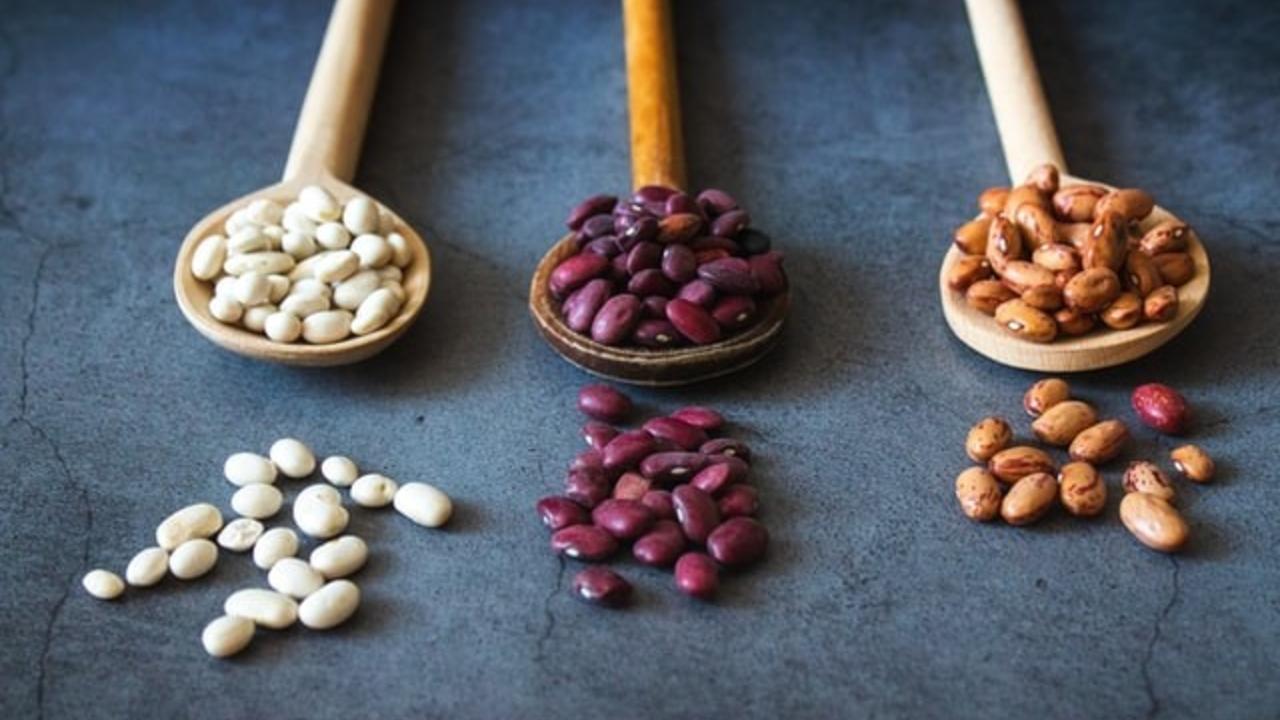What the Plant-Based Doctors Say About Type 2 Diabetes

The following is a letter written to a friend about a type two diabetes diagnosis based on my courses in plant-based nutrition.
Dear Kathryn ,
After our last phone call about your diagnosis, I began to do some research into Type 2 Diabetes. It seems that the rate of Type 2 Diabetes has tripled in the last thirty years, and there are links between obesity and diabetes. Namely, people who are overweight are seven times more likely to get diabetes. Dean Ornish, M.D. and Caldwell Esselstyn, M.D. have both demonstrated in published studies that people who switch to a whole foods plant-based diet lose (and keep off) on average about 20 lbs. There is also evidence that a plant-based diet may help heal or sometimes cure Type 2 Diabetes. For the last 80 years, observational research has shown that a low fat, high complex carbohydrate diet, such as diets eaten in Japan, produced less diabetic deaths and lower rates of diabetes. Some research has shown examples of people getting off of insulin after just three weeks of changing their diets. In cultures like China, in which people have in the last 30 years increased their edible oils, animal foods, and refined sugar to more resemble a western diet, diabetes rates have jumped up significantly and created a public heath crisis.
Michael Greger, M.D. has linked dietary fat and bodily fat to insulin resistance. He explains that insulin is the key that unlocks the door to let glucose in the blood to enter the muscle cells. However, when our muscles become resistant to the effect of insulin, due to too much saturated fat (meat, dairy, eggs) in the diet and/or to fat spilling out of overloaded fat cells, we are left with insulin resistance. The fat in the blood gums up the insulin system and destroys its ability to work properly. Fat from unsaturated sources (nuts, olives, avocados) actually seem to improve insulin sensitivity. Therefore, moving toward a plant-based diet, and reducing saturated fat in the diet, could improve weight loss and allow the insulin in the body to work more efficiently.
Finally, beans may save us all!!! Another aspect of reversing insulin resistance is to eat carbohydrates with a low glycemic index. Beans have both fiber and protein which slows down the digestion of carbohydrates and makes them low GI. According to David Jenkins, M.D., eating beans is associated with reductions in blood glucose levels, serum cholesterol, hypertension, and heart disease. Combining all of this research, Neal Barnard, M.D. says that the triple threat of a vegan, low fat, and low GI diet has helped diabetics reduce their need for insulin and some people have permanently been able to get off of their medication.
I hope this info helps,
Monique



